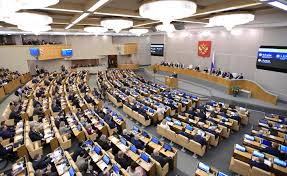The Russian parliament has passed a law allowing the use of crypto for international trade and legalizing crypto mining to counteract the effects of Western sanctions and regulatory constraints on Russian banks.
The move aims to improve cross-border transactions and bypass trade restrictions, mirroring Venezuela’s use of crypto to evade sanctions. The law introduces a regulatory framework for Digital Financial Assets (DFAs) and Central Bank Digital Currencies (CBDCs), giving the Central Bank of Russia new oversight powers.
This move aims to facilitate international trade and restore trade efficiency with allied countries. The law received rapid approval and was signed by President Vladimir Putin on March 11, 2024, ensuring quick implementation.
However, challenges such as detailed recording of DFA transactions could be cumbersome for foreign partners, and the immediate application of the law requires swift adaptation by businesses and regulators to comply with the new rules.



